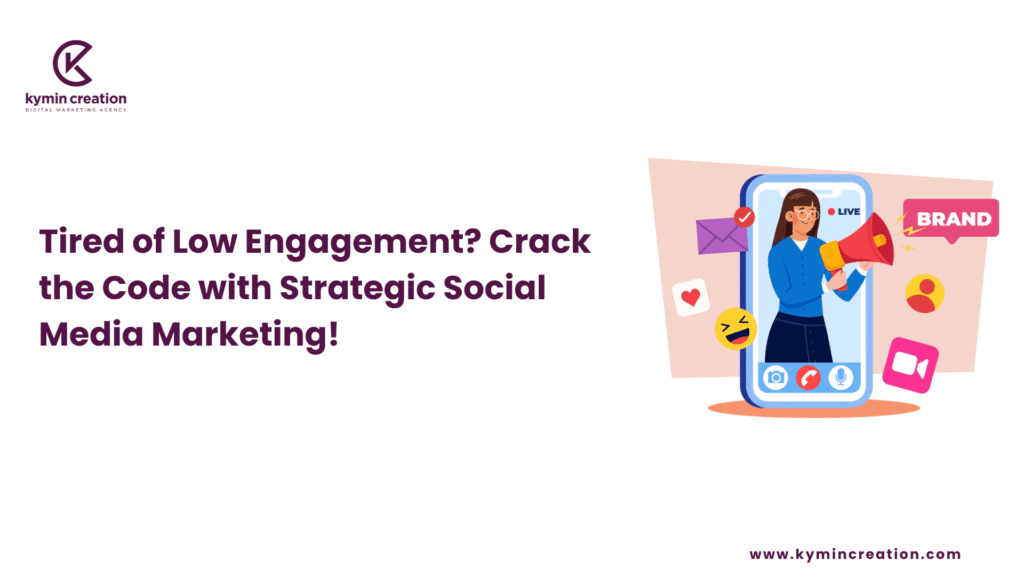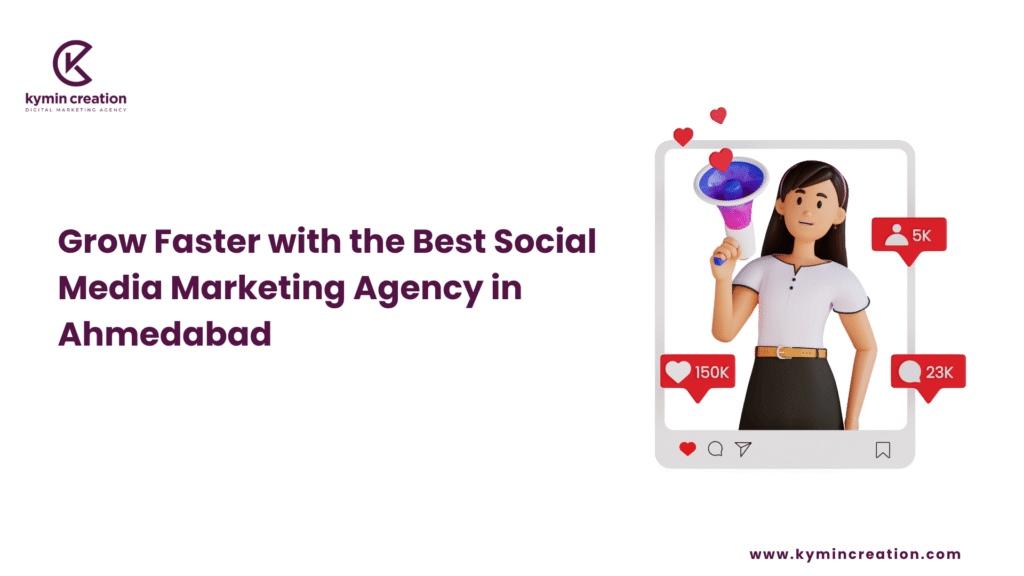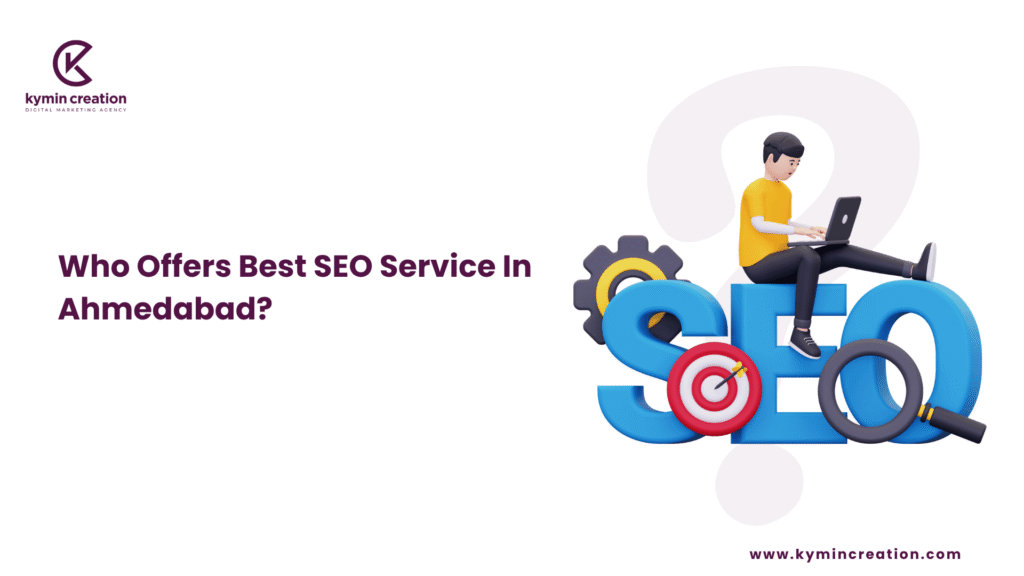A logo is the face of a brand, making it one of the most crucial elements in business branding. A well-designed business logo design builds brand recognition, establishes trust, and communicates the essence of a company. Whether you’re a business owner or a logo creator, understanding the best logo design tips will help you create a professional and impactful brand identity. In this guide, we’ll explore key strategies, design principles, and best practices to ensure your logo stands out in a competitive market.
1. Understand the Brand Identity
Before designing a business logo, it’s essential to understand the brand’s identity, mission, and target audience. A logo design should reflect the company’s personality and values.
How to Define Brand Identity:
- Identify the brand’s core values and vision.
- Understand the target audience’s preferences and expectations.
- Research competitors to find a unique angle.

2. Keep It Simple and Memorable
A simple logo is easier to recognize, versatile, and timeless. Complex logo designs may look attractive but can be difficult to reproduce across different platforms.
Tips for Simplicity:
- Use clean lines and minimal elements.
- Avoid excessive details or complex graphics.
- Focus on one strong visual concept.
3. Choose the Right Color Palette
Colors evoke emotions and have a significant impact on brand perception. Selecting the right colors enhances brand recognition and conveys the right message.
Color Psychology in Logo Design:
- Red: Passion, energy, excitement (e.g., Coca-Cola, YouTube)
- Blue: Trust, professionalism, security (e.g., Facebook, LinkedIn)
- Green: Growth, health, sustainability (e.g., Starbucks, Whole Foods)
- Yellow: Optimism, creativity, warmth (e.g., McDonald’s, Snapchat)
- Black & White: Elegance, simplicity, sophistication (e.g., Nike, Chanel)
4. Select a Versatile Typography
Typography plays a crucial role in logo design. The right font should complement the brand’s message while ensuring legibility across all platforms.
Font Selection Tips:
- Use custom or well-paired fonts to create uniqueness.
- Avoid overly decorative fonts that may hinder readability.
- Choose a font style that reflects the brand’s personality (e.g., Serif for tradition, Sans-serif for modernity).
5. Create a Scalable and Versatile Design
A great logo should look good on business cards, websites, billboards, and mobile apps. Scalability ensures that the logo design maintains its clarity and effectiveness at any size.
Scalability Best Practices:
- Design in vector format (e.g., AI, SVG) for high-quality resizing.
- Test the logo in different sizes to ensure clarity.
- Keep the design adaptable for various backgrounds and mediums.
6. Use Negative Space Creatively
Negative space can enhance a logo design’s visual appeal and add hidden meanings that make it more memorable.
Examples of Creative Negative Space:
- FedEx logo (hidden arrow between “E” and “x” representing speed and precision).
- Toblerone logo (hidden bear in the mountain symbolizing Swiss heritage).
7. Design for Longevity
Trendy logo designs can quickly become outdated. A timeless business logo design remains relevant and effective for years.
How to Achieve a Timeless Design:
- Avoid excessive trends and stick to fundamental logo design principles.
- Focus on clarity and simplicity over excessive embellishments.
- Create a logo that can evolve subtly rather than needing a complete redesign.
8. Test the Logo Across Different Platforms
A logo must work well across various mediums, including digital and print formats.
Testing Checklist:
- Check visibility and readability on small and large screens.
- Print the logo in different sizes to ensure clarity.
- Test the logo in black-and-white and full-color versions.
9. Ensure Brand Consistency
A logo should align with the overall brand identity to maintain a cohesive look and feel across all marketing materials.
Ways to Maintain Brand Consistency:
- Use a brand style guide that includes logo variations, colors, and typography rules.
- Ensure consistency in branding across websites, social media, and packaging.
- Maintain uniformity in logo placement and sizing in all materials.
10. Get Feedback and Refine
Before finalizing a logo design, gather feedback from different sources to ensure it effectively communicates the intended message.
Ways to Gather Feedback:
- Conduct surveys with the target audience.
- Seek input from logo design professionals and branding experts.
- Test different variations and refine based on constructive criticism.
Bonus: Free and Affordable Logo Creation Tools
If you’re looking for an easy way to create a business logo, several free logo maker and logo creator free tools are available online.
Top Logo Design Free Tools:
- Fiverr Logo Design – Hire professional designers at affordable rates.
- Canva Free Logo Maker – Great for beginners with pre-made templates.
- Looka Free Logo Creator – AI-powered tool for generating custom logos.
- Hatchful Free Logo Maker – Simple and user-friendly logo design free tool by Shopify.
- Wix Logo Maker – Customize and download a professional logo easily.
Conclusion
Creating a professional logo requires a strategic approach that balances simplicity, creativity, and brand identity. By following these best practices, businesses and designers can craft business logos that leave a lasting impression and contribute to brand success. Whether you’re using a free logo maker, hiring a Fiverr logo design expert, or working with a logo creator, a well-thought-out logo design can make all the difference in standing out in a competitive market.
Need a custom logo? Work with a professional logo design agency to bring your brand vision to life!



